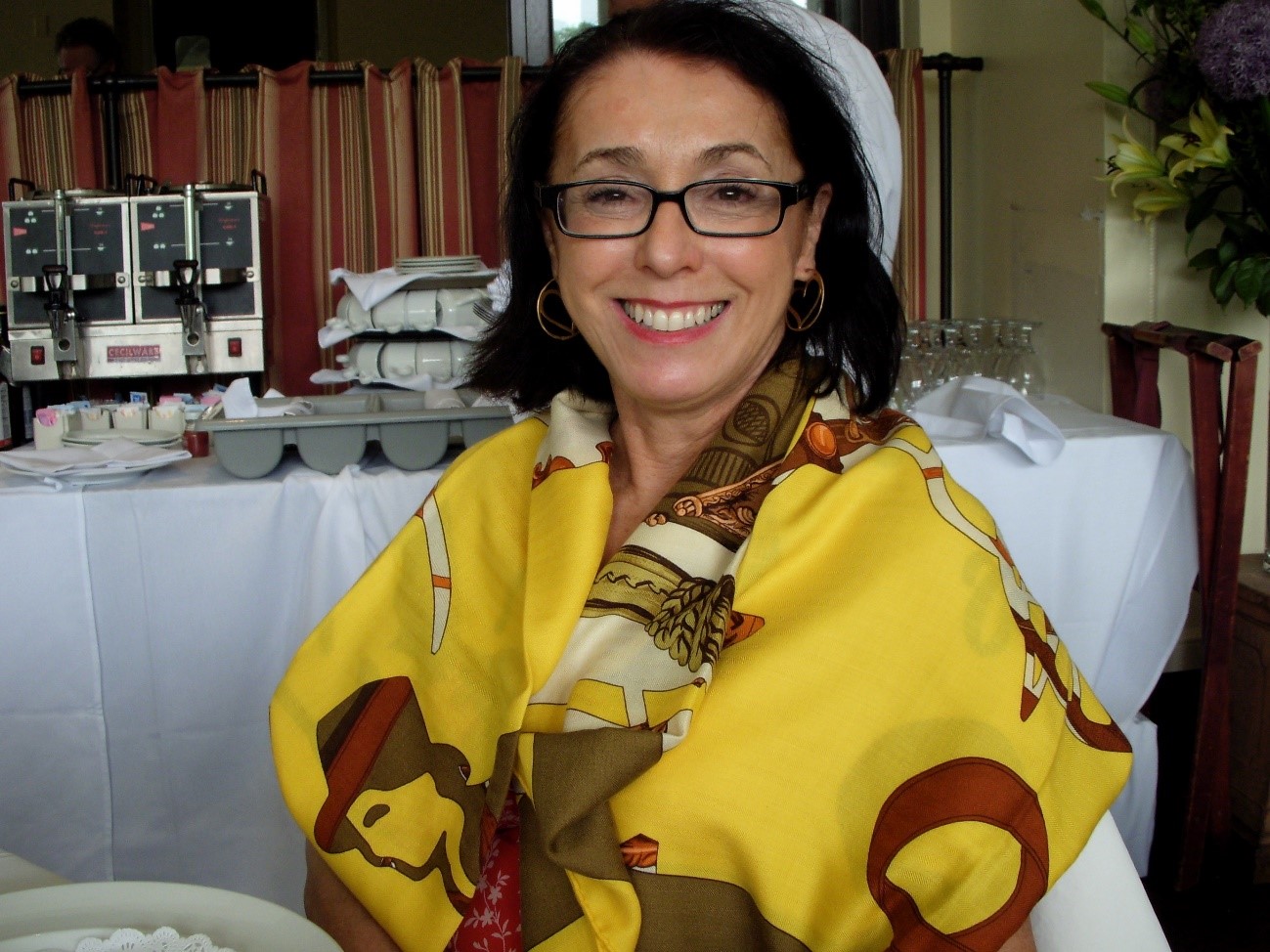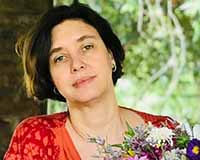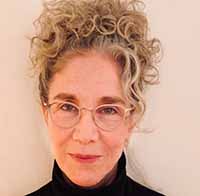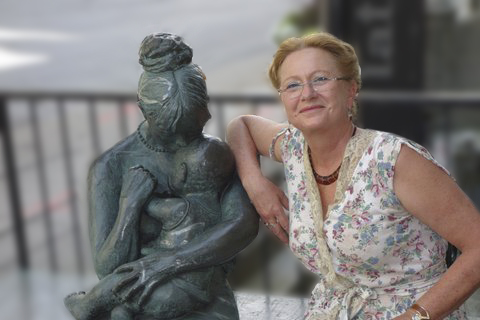The Preventative Potential of Psychoanalytic Parent-Infant Work in Clinic and in Research
In this webinar, four speakers will discuss the preventative potential of psychoanalytic parent-infant work in clinic and in research.
Regine Prat will consider parenthood as a traumatic experience: what are the clinical and theoretical consequences? The central idea is to consider the birth of a baby as a trauma for the parent’s psyche, linked to the perception of the complete dependence of the baby, creating terror and overflowing the parental psychic capacities to elaborate. This will constitute the common subgrade to all the post-partum disorders which will appear as defensive constructions to hold back the overflow and to maintain the previous psychic construction.
Considering the post-partum period as post-traumatic involves modifying therapeutic interventions in the sense of tact, removing sexual or aggressive drive interpretations, qualifying this terror of dependence, associated with the observation of the baby’s autonomous capacities.
On a theoretical aspect this will draw to refer at a normality model more than pathology one, linked to qualitative more than quantitative aspects.
Talia Hatzor and Christine Anzieu will present a model of psychoanalytic clinical work with the youngest patients: babies. Our main interest is to discuss the power of the unconscious processes very early on as they manifest in infants’ primitive anxieties and very early defence mechanism that turn into symptoms that bring their parents and their babies to our offices. Symptoms such as inconsolable crying, feeding problems, sleep difficulties, failure in bonding, hair pulling, and more, are understood and treated in parent-infant psychotherapy via specific psychoanalytic techniques. We attempt to understand and address these issues and the meaning of these symptoms as they are embedded in the relationship with the parents, and the parental psyche full of fantasmatic representations. They will provide clinical examples.
Constanza Duhalde will share some results of an ongoing research with infants and their mothers. Microanalytic analysis of adult-infant interactions offers a detailed description of the affective exchanges in the dyad. This allowed reflection on the first stages of dyadic emotional regulation and the importance of the mother’s intra-subjective resources such as maternal reflective functioning in such process. In connection with this description the idea of an ideal relationship without failures should be reconsidered. Also, in the same view, she proposes to review the idea of prevention in the work with babies and their caregivers from a psychoanalytic perspective, in which the uniqueness of each relationship is essential, and the need to avoid a predictive stance.
If you cannot attend the live session but would like to receive a recording, please continue to register and a recording will automatically be emailed to you once the live session has ended.
 Christine Anzieu-Premmereur is a psychiatrist and psychoanalyst in New York City who works in private practice with adults and children, parents and their babies. A member of the Société Psychanalytique de Paris, she is on the faculty of the Columbia Psychoanalytic Centre for Training and Research, where she directs the Parent-Infant Psychotherapy Training Programme; she is Assistant Clinical Professor in Psychiatry at Columbia University. She is a member of the New York Psychoanalytic Institute. She co-edited “A Psychoanalytic Exploration of the Body in Today’s Psychoanalysis.”
Christine Anzieu-Premmereur is a psychiatrist and psychoanalyst in New York City who works in private practice with adults and children, parents and their babies. A member of the Société Psychanalytique de Paris, she is on the faculty of the Columbia Psychoanalytic Centre for Training and Research, where she directs the Parent-Infant Psychotherapy Training Programme; she is Assistant Clinical Professor in Psychiatry at Columbia University. She is a member of the New York Psychoanalytic Institute. She co-edited “A Psychoanalytic Exploration of the Body in Today’s Psychoanalysis.”
 Constanza C. Duhalde is a psychologist (PsyD) and psychoanalyst, member of SAP (Argentinian Society of Psychoanalysis). She works as a clinician with parents and their infants, children and adults. She works in different research projects related to infancy and early childhood at Buenos Aires University (with Clara R de Schejtmann and team) where she also teaches as graduate and postgraduate professor. Some aspects of this research work have been sponsored by IPA RAB; she is also RTP fellow (2016). She is interested in transition to parenthood, early processes of affect regulation and symbolisation and parental intrapsychic features such as parental reflective functioning. Download paper
Constanza C. Duhalde is a psychologist (PsyD) and psychoanalyst, member of SAP (Argentinian Society of Psychoanalysis). She works as a clinician with parents and their infants, children and adults. She works in different research projects related to infancy and early childhood at Buenos Aires University (with Clara R de Schejtmann and team) where she also teaches as graduate and postgraduate professor. Some aspects of this research work have been sponsored by IPA RAB; she is also RTP fellow (2016). She is interested in transition to parenthood, early processes of affect regulation and symbolisation and parental intrapsychic features such as parental reflective functioning. Download paper
 Talia Hatzor is a psychologist and a psychoanalyst in New York City, working in private practice with adults and children, and families with babies. She is a member and a training analyst at the Contemporary Freudian Society, and a faculty of the Columbia Psychoanalytic Centre for Training and Research, where she directs the Parent Infant Psychotherapy Training Programme with
Talia Hatzor is a psychologist and a psychoanalyst in New York City, working in private practice with adults and children, and families with babies. She is a member and a training analyst at the Contemporary Freudian Society, and a faculty of the Columbia Psychoanalytic Centre for Training and Research, where she directs the Parent Infant Psychotherapy Training Programme with
Christine Anzieu-Premmereur. She has a special interest in the impact of trauma and adversity on families with young children and in training clinicians via Bick’s method of Infant Observation.
 Régine Prat is a psychologist and psychoanalyst, a member of the Psychoanalytical Society of Paris, trainer in Esther Bick’s infant observation, and a member of Gerpen (Group of Psychoanalytical Studies and Research for the Development of the Child and the Infant). Interested in the premises of the psychic life, and the beginnings of symbolisation and its hindrances, she worked to make links between various fields, (developmental psychology, prehistory, neurosciences, embryology), and to identify common points in psychoanalytical clinic for babies, children and adults.
Régine Prat is a psychologist and psychoanalyst, a member of the Psychoanalytical Society of Paris, trainer in Esther Bick’s infant observation, and a member of Gerpen (Group of Psychoanalytical Studies and Research for the Development of the Child and the Infant). Interested in the premises of the psychic life, and the beginnings of symbolisation and its hindrances, she worked to make links between various fields, (developmental psychology, prehistory, neurosciences, embryology), and to identify common points in psychoanalytical clinic for babies, children and adults.
Post-webinar discussion
Following the webinar, you are invited to participate in the post-webinar discussion. Please leave your comments, questions and opinions here for the speakers and fellow webinar audience members. All comments will be moderated, and we ask all contributors to abide by our community standards.
Please note, you will need to login to the IPA website to contribute – if you do not already have an account, you can create a new one from the sign in page. You can also choose to be notified when new comments have been published. The discussion will be closed after three months.